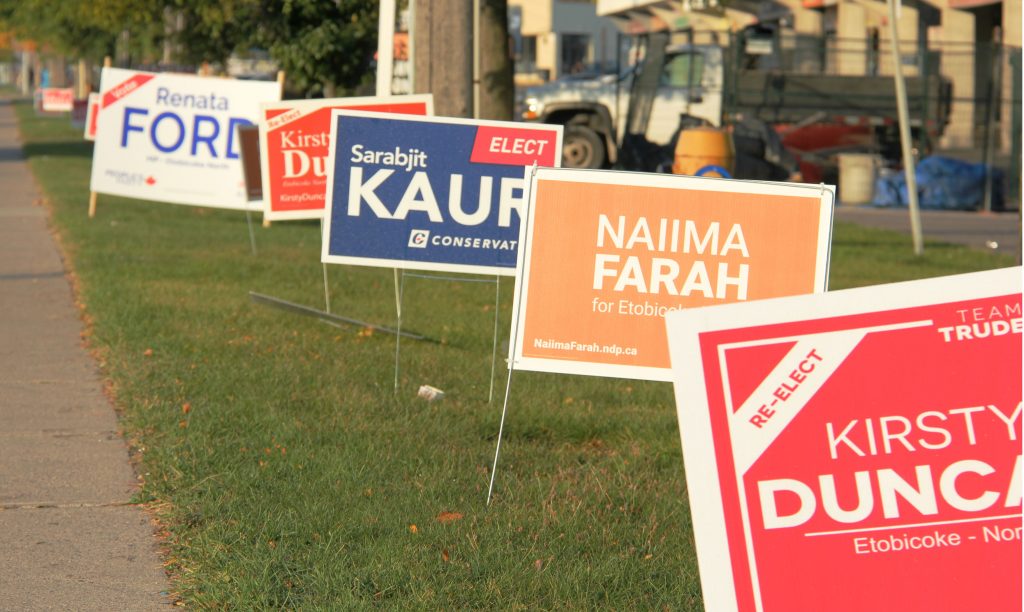

Features
Corporate Social Responsibility
Politics
Ontario election: employee voting rights and employer duties
May 26, 2022
By
Aird & Berlis
 (Talent Canada/File Photo)
(Talent Canada/File Photo) By Daria Peregoudova and Bardia Jalayer
On June 2, 2022, Ontarians will head to the polls to elect the members of the 43rd Parliament of Ontario. With the election taking place on a weekday, employers and employees alike will be asking what obligations and rights they may have when it comes to voting.
Any “elector” — that is, any Canadian citizen, who on the general polling day is 18 years of age, and resides in an electoral district in Ontario — is entitled to three consecutive hours off from work to vote, as mandated by the Ontario Election Act.
Employee voting rights and employer duties
In the upcoming election, polls will be open from 9 a.m. until 9 p.m. EDT, meaning, employees working from 9 a.m. to 5 p.m. will have the requisite three consecutive hours following the end of their workday at 5 p.m. until polls close to vote. However, if an employee does not have a consecutive three-hour window, the employer must provide time off to allow for that period and cannot withhold pay or penalize any employee by reason of their absence.
However, an employer can do so at the time which is at their convenience. For example, if an employee is scheduled to begin work at 11 a.m. and finish at 7 p.m., the employer can choose to provide the employee an hour of paid time off at the beginning or end of their shift, which would provide for a three-hour window in either case.
An elector employee can voluntarily choose to waive their rights and not make a request of their employer for the voting window; however, an employer cannot deny the request to have the three-hour window if it is made, and cannot request proof of attending a polling station from the employee.
In some cases, employees may choose to serve as returning officers or are appointed by a returning officer to be a poll official. In such cases, they must request leave at least seven days in advance. Similarly, an employer must grant this request and must not penalize the employee. However, in this case, an employer is not required to remunerate an employee during such leave, although vacation time should continue to accrue during the period.
The Election Act outlines serious consequences for anyone interfering with an employee’s right to their three hours to vote or for withholding pay. As such, any such interference should be avoided.
Aird & Berlis is a leading Canadian business law firm with more than 200 lawyers, patent agents and business advisors. We provide strategic legal and business advice in all principal areas of business law, including tax, corporate finance, banking, insolvency and restructuring, energy, environmental, infrastructure/P3, technology, intellectual property, litigation, workplace law, municipal and land use planning, and real estate. For more information, visit www.airdberlis.com.
Print this page